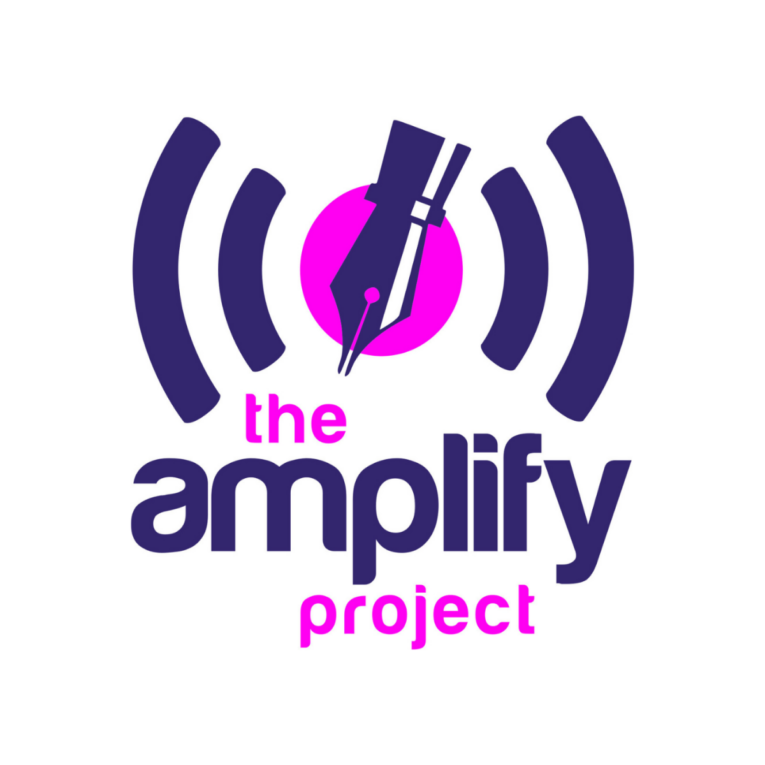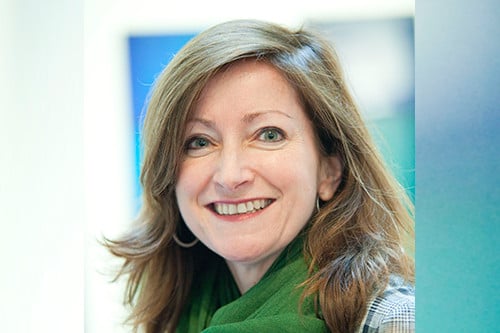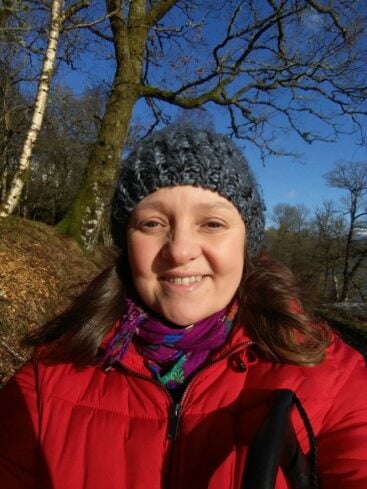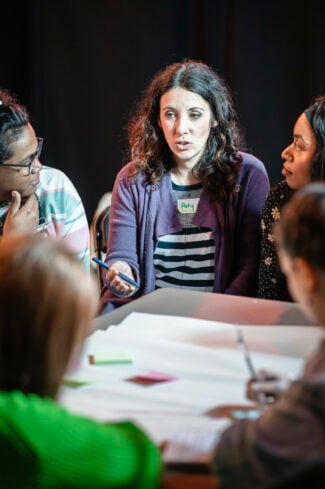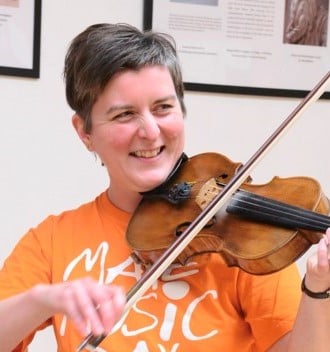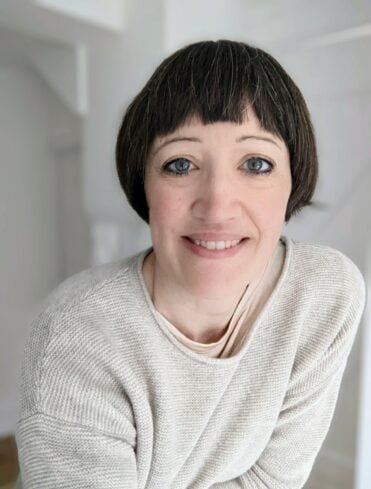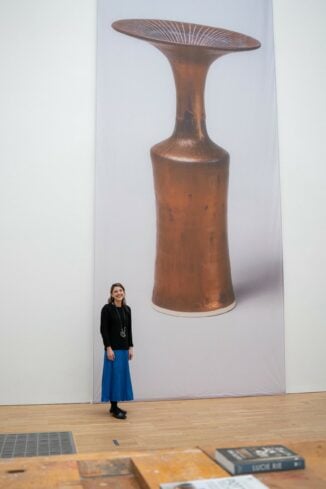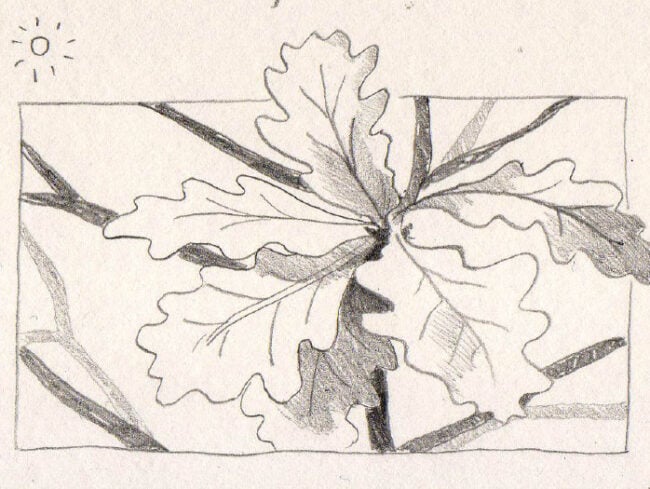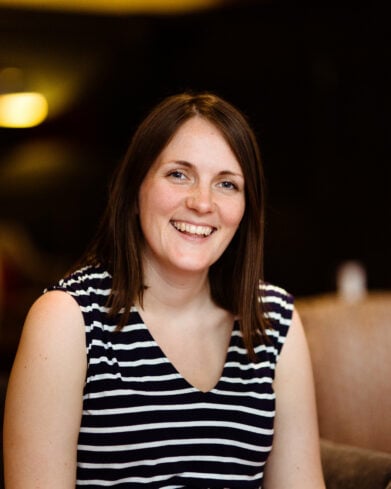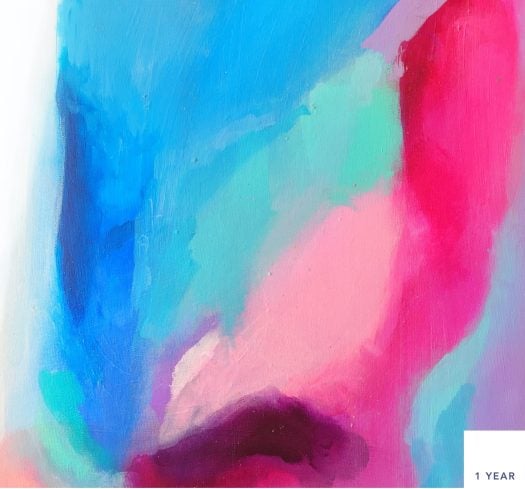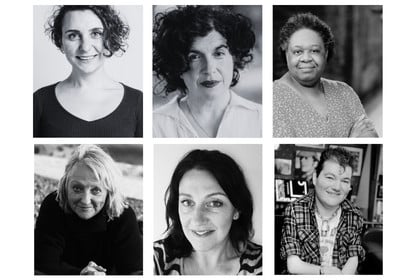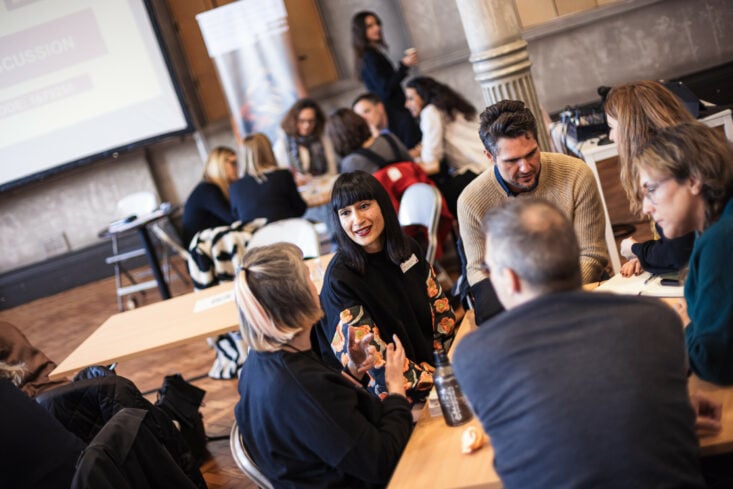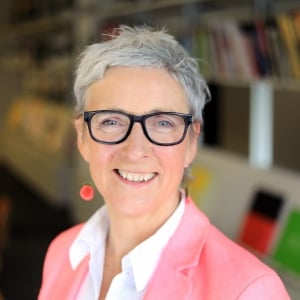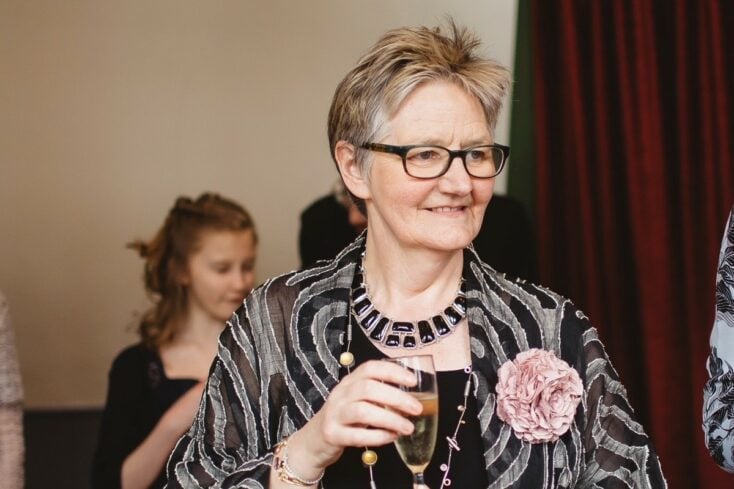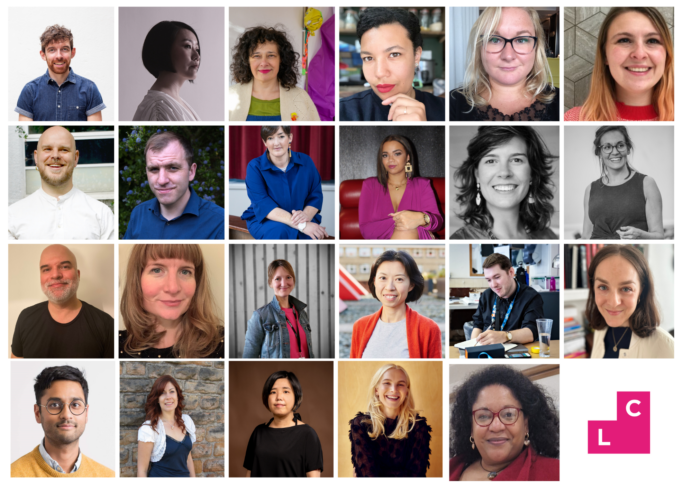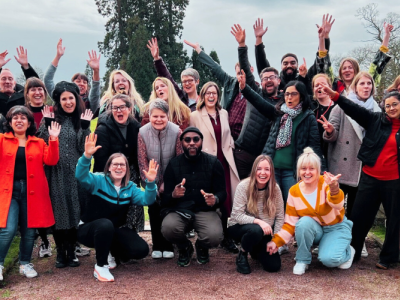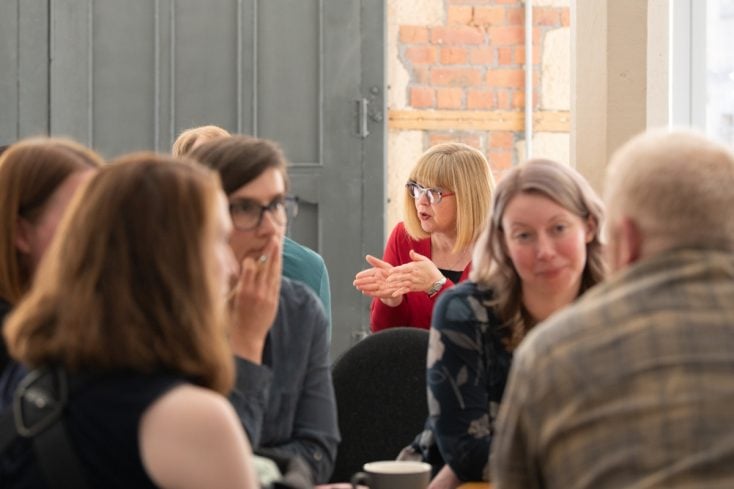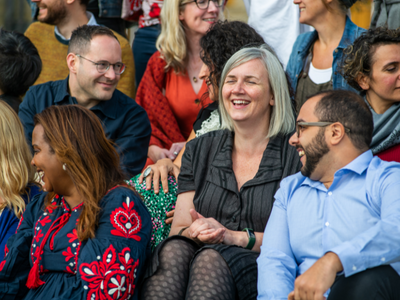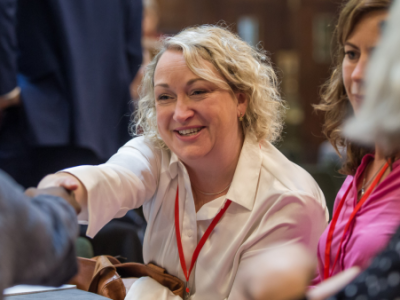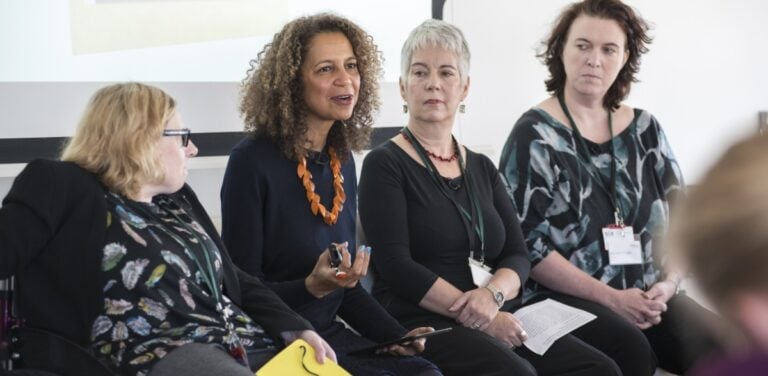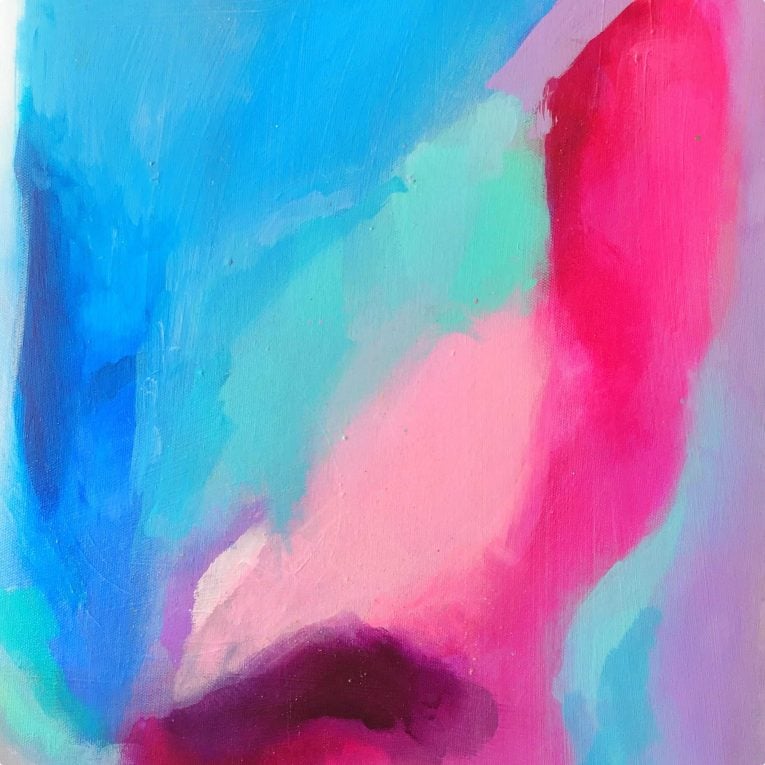The Amplify Project
Marketing and Communications Manager and Clore Emerging Leader Shamima Noor talks about The Amplify Project, a recently launched Arts Council funded podcast series dedicated to amplifying and promoting the work of Black British writers.
It’s impossible to put into words how difficult and challenging the last two years have been.
Whilst the impact of the pandemic has been devastating, there is a silver lining. Multiple lockdowns and restrictions have given rise to a radical shift in thinking about how work is made, and ways we can forge connections with people who have shared interests and passions, by harnessing the potential digital platforms.
Patricia Cumper and Pauline Walker are two of these individuals. They’re both acclaimed, award-winning writers with prolific careers.
They’re highly respected, formidably intelligent, and incredibly passionate about supporting Black writers. Like countless others, they have been frustrated with the tendency of the publishing industry to overlook and undervalue Black writers. Fuelled by a desire to celebrate and recognise contemporary Black British writers, they decided to launch The Amplify Project. This endeavour was bolstered by a successful application to the Arts Council for funding.
The premise of the series is straightforward. Each episode comprises of an interview with a Black writer from the stage, page or screen. Being acclaimed writers themselves, they had plenty of expertise to draw upon. Considering the wave of protests that followed the murder of George Floyd in May 2020, and conversations within the arts and creative sectors around representation and diversity, it seemed an urgent time to bring this project alive.
Launching a podcast series under ordinary circumstances is difficult and challenging enough. However, doing it successfully in a world dealing with the impact of the COVID-19 pandemic is something else entirely. With determination, commitment, as well as support from an array of highly esteemed organisations alongside Arts Council (National Centre for Writing, Spread the Word, Talawa, Peepal Tree Press, New Writing South, Writing Our Legacy, The Society of Authors) Patricia and Pauline and made it their mission to bring this series to life.
It’s difficult to encapsulate the multitude of logistics and practicalities behind producing and hosting a high-quality podcast series. There are the interviews to conduct (using an online recording studio called Cleanfeed) and relevant technologies and platforms you need to distribute the podcasts. You also need to find music for the intro and outro, a designer to produce the logo and designers to create a website, you need to contact agents and publishers to disseminate information, and hire actors to record excerpts from books or play extracts. It is testament to Patricia and Pauline’s diligence, patience and laser-like focus that all of this was able to happen without any face-to-face meetings ever taking place.
‘Black Writers in Their Own Words’ is the tagline of the series and really summarises what the podcasts aim to achieve. Most conversations are around an hour-long, Patricia and Pauline want to provide a safe and open space for writers to discuss their journey, as well as their identities as Black writers. There’s an attention, generosity and care that Patricia and Pauline offer to the guests which makes for such a comforting and stimulating listen. In a world of division and increasing polarisation, The Amplify Project allows audiences to hear valuable perspectives from groundbreaking thinkers and writers who have inspired readers all over the world with their voices.
Whilst this series has been a joy to work on, there have been the challenges that are concomitant with any creative endeavour, especially digital content. The Amplify Project has been built from scratch from a small team with limited resources. Whilst we’re grateful for the support of Arts Council England and our partners, the podcast marketplace is seemingly infinite, and with such huge variety comes extraordinary competition for profile and publicity.
As someone who had previously worked for organisations and companies with established social media profiles and audiences, the challenges of building a following from the ground up was daunting. However, it has allowed me to expand my skillset as a marketeer and encouraged me to think outside of the box. We get to make the rules and define our tone and how we approach social media, rather than conforming to some existing standard. It has pushed us to try out new and different approaches and really take risks.
With over 8 podcasts published and nearly 800 hundred unique downloads, we have established an audience and there is evidently an appetite for these podcasts. The response from audiences has been heart-warming. Adjoa Andoh listed the series on her ‘Cultural Highlights’ in The Guardian. Hyde Park Picture House described the series as a ‘warm and wonderful study of creativity’. A theatre-maker described the series as his ‘morning boost’.
Guests who have appeared on the series so far include Nick Makoha, Diana Evans, Alex Wheatle, Juliet Gilkes Romero, Colin Grant, Hafsa Zayyan, Rachel Long and Anthony Joseph, and there are plans in place to release further podcasts. Our audiences are growing across different platforms and is indicative of how there’s a demand to support inspiring writers and learn more about the Black British literary canon. In a world of doom and gloom, this is much welcome news and offers a real glimmer of hope as we face a panoply of challenges and difficulties ahead.
You can listen to the podcast and find out more here.
Shamima has a degree in English and an MA in Postcolonial Studies from Leeds University. She has worked in the arts since graduating in 2017 for companies and venues such as West Yorkshire Playhouse, Yorkshire Dance, Red Ladder, Phoenix Dance and Transform Festival. She is currently the Communications Co-Ordinator for Fuel Theatre. She is a Creative Access Alumni, AMA (Arts Marketing Association) member representative, and a board member for Utopia Theatre and Cheshire Dance. She is a Clore Emerging Leader 2021.
